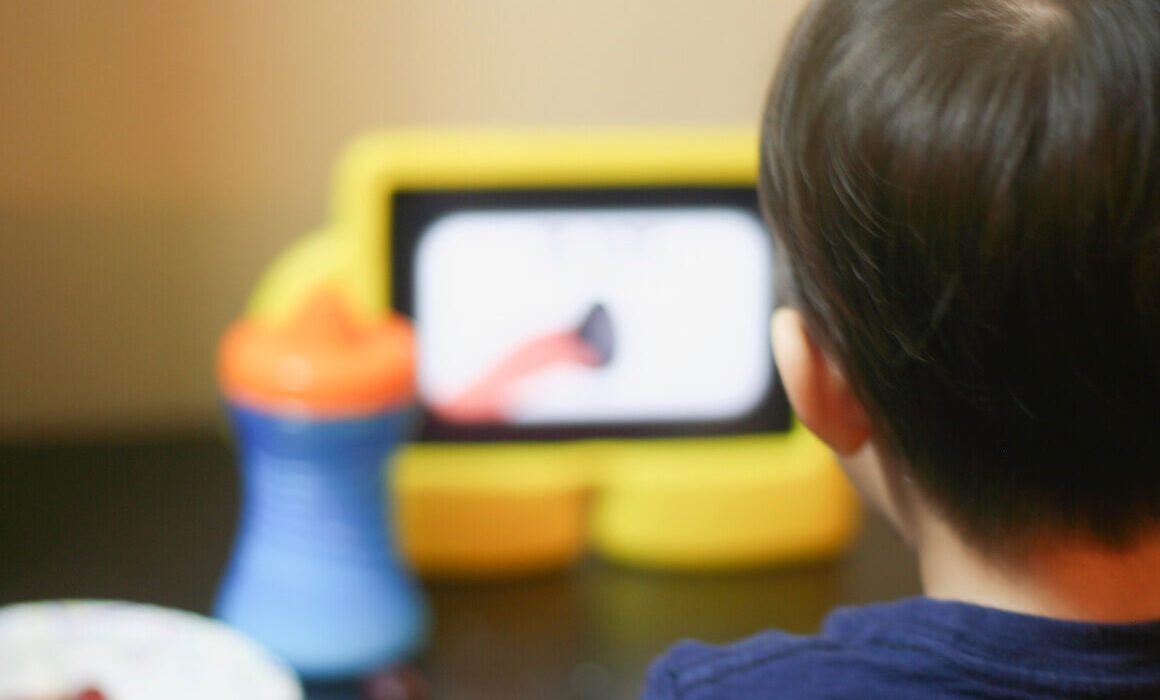Is Too Much Screen Time, Too Early, Hindering Reading Comprehension?
Published by www.edweek.org on January 15, 2024.

Jackie Chaney, an elementary teacher for the past 16 years, currently presides over a classroom of 25 2nd graders. She professes to love this stage in a students’ academic career, one that historically has been marked by growth in literacy, whereby word recognition begins to become automatic, fluency accelerates, and classroom teachers double down on building students’ ability to focus and read independently for a sustained period of time.
But in recent years, Chaney has noticed a significant shift in this early literacy journey.
“With the ‘microwave world’ that we live in nowadays, students want that immediate engagement and quick response. They do not want to wait and explore novels, delve into characters and settings, and enjoy the twists and turns of plots,” said Chaney, who teaches at New Town Elementary in Owings Mills, Md.
Chaney’s lament is not unique among today’s classroom teachers, who are tasked with teaching the foundations of reading to the first generation of true digital natives — children who have been exposed to the bright, blinking, fast-moving screens of electronic devices from birth, or close to it.
It’s now becoming a concern for researchers, too, who are seeking to better understand the effects of early exposure to electronic devices on children’s capacity to engage in and understand what they read. Their findings to date, though limited, create cause for concern.
“The big question for us as neurobiological researchers is: How much screen exposure and what kids are doing while they’re exposed [to screens] affects brain development?” said neurobiologist Tzipi Horowitz-Kraus, whose research expertise focuses on neural circuits that underlie language and reading acquisition.
Keep reading at edweek.org.
Tzipi Horowitz-Kraus is an associate professor and director of the educational neuroimaging group at the Technion. She also an associate professor in the neuropsychology department at the Kennedy Krieger Institute and in the psychiatry and behavioral sciences department at Johns Hopkins University School of Medicine.